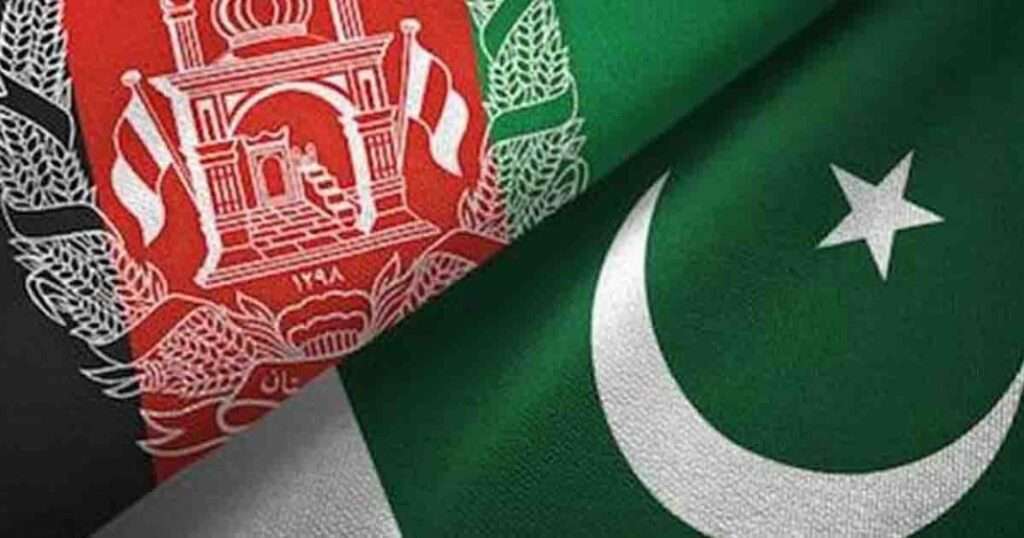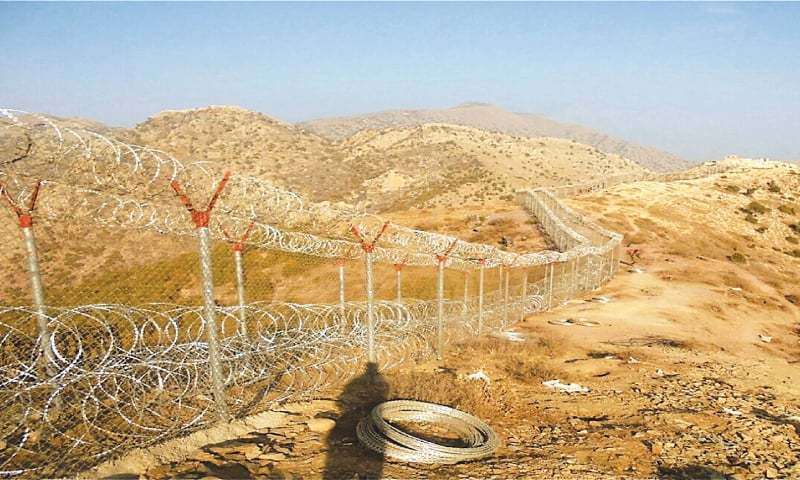
Pakistan’s current Afghan policy demands a comprehensive review and recalibration to safeguard its security interests. It is imperative that the nation adopts a pragmatic and stanch approach to address the pressing issue of cross border terrorism. Only through a well-crafted and regionally supported strategy can Pakistan hope to mitigate the threats posed by terrorist organizations operating from Afghanistan.
Pakistan must search a comprehensive policy approach that includes both incentives and disincentives to persuade the Taliban and raise the cost of noncooperation. Additionally, considering strikes against terrorist hideouts in Afghanistan must be carefully assessed, as undeclared kinetic actions can have inherent risks and drawbacks. Moreover, Pakistan should actively pursue a coordinated regional strategy involving neighboring countries, especially China, through the trilateral Pakistan-China-Afghanistan forum. This will help address security concerns related to terrorist groups operating within Afghanistan effectively.
There has been a notable surge in terrorist attacks targeting Pakistan’s security forces, which is an outcome of the Taliban’s takeover of Afghanistan. Situation on Pakistan and Afghanistan joint borders indicating that the regrouping of the TTP in Afghanistan post-Taliban takeover is a growing threat to Pakistan’s security and Kabul showing reluctance to act against the group.
Attempts to involve the Taliban in dialogues have yielded little result, with the TTP’s demands proving non-negotiable, leading to the breakdown of negotiations. This leaves Pakistan with a vexing predicament concerning its security. Repeating past mistakes and relying solely on public warnings or futile talks are not viable strategies.
Recent spate of statements was triggered by a terrorist attack on an army garrison in Balochistan’s Zhob town on July 12, resulting in the loss of nine soldiers. Furthermore, another attack in Sui caused three more military casualties. These incidents underscore the security threat posed by the TTP’s expansion into the Pashtoon belt of Balochistan, exacerbating an already volatile province grappling with violence from separatist militants.
In a series of statements, Pakistani authorities expressed serious apprehensions on the safe havens and liberty of action provided to the TTP within Afghanistan’s borders. The first statement came after a visit by army chief Gen Asim Munir to Quetta, where he urged the Afghan interim government to uphold the commitments made in the Doha agreement, which was forged between the US and the Taliban in 2020. Gen Munir’s remark hinted at an effective response by Pakistan’s security forces should attack persists.
Khawaja Asif Defence Minister also echoed these strong sentiments, accusing Kabul of failing to honor its commitments and lamenting the presence of terrorists who find refuge on Afghan soil while inflicting violence on Pakistani citizens. He unequivocally warned that Pakistan would deploy all available resources and measures in response.

Audaciously, Pakistan issued stern warnings to the Taliban authorities in Kabul regarding the mounting consequences of attacks carried out by the Tehreek-i-Taliban Pakistan from across the border. These recent developments mark the strongest expressions of concern from Pakistani military and government leaders since the Taliban’s return to power in Afghanistan two years ago. The message delivered to Kabul is clear and unwavering: Afghanistan must ensure that its soil is not exploited to perpetrate terrorist attacks against neighboring countries. This underscores the deepening strains in relations between Pakistan and Afghanistan.

